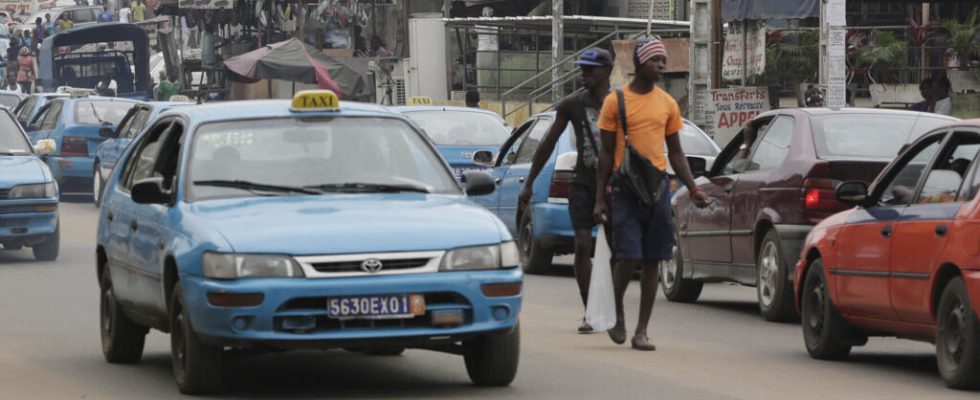In the name of the fight against urban disorder », the district of Abidjan has just banned street trading on major roads, begging and the use of handcarts. Our correspondent in Abidjan collected the reactions of the populations concerned.
1 min
With our correspondent in Abidjan, Marine Jeannin
“ It’s not for pleasure that we come to risk our lives here! We do it to have something to eat! » Motorists have become accustomed to seeing these silhouettes of men and women, of all ages, sometimes children, slaloming between cars and coming to knock on the windows to ask for money. The measure taken by the authorities to prohibit begging “ aims to clean up the living environment of populations, to further ensure the safety of people and property, as well as better road traffic flow ”, according to the authorities.
Begging had already been banned since 2013, but tolerance had become established in practice. The autonomous district of Abidjan has decided to put an end to it and in recent days, police checks have intensified.
Aïcha begs with her four children in front of the Aghien mosque, in Cocody. “ We are in front of the mosque, they are coming to chase us away “, she said simply.
Street traders are also affected. A small group is gathered at a crossroads, they present the merchandise displayed at their feet. The youngest of the group, who sells lemons, says she is discouraged. Not only have police raids become more numerous, she says, but the penalties have become heavier.
The share of the informal economy in Côte d’Ivoire represents 51% of GDP and more than 80% of economic activities.
